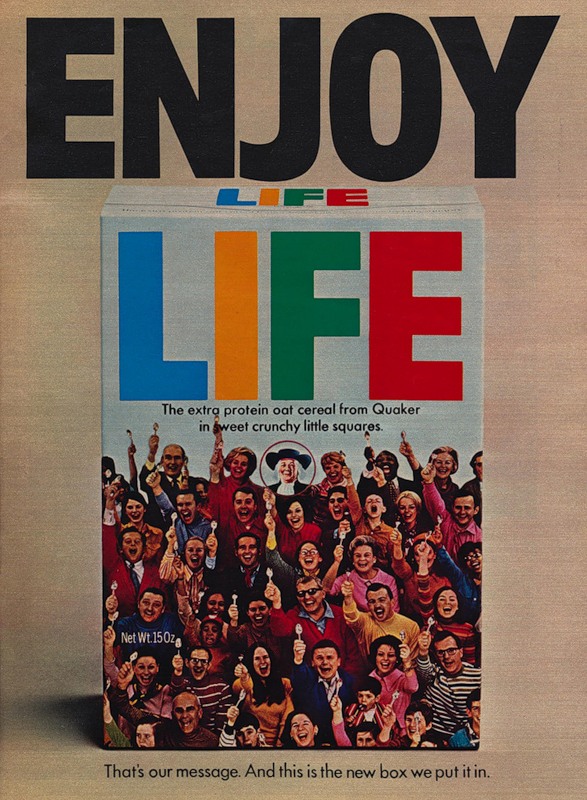
Seems like alternative medicine and diets never get rational airtime. Some people slam them, writing off as quackery anything non-allopathic. Others become super cheerleaders letting alternative medicine and diets engulf their identity in a creepy almost cult like fashion. Neutral patients are left in the middle with little rational, scientific based information nor sensible peer support conversations about “natural” health and healing.
On discussion boards it seems everyone’s either adamantly defending products and regimens with absurd anecdotes (quite different from sensible coping strategies) or they’re bashing the hell out things. Few readers learn anything other than propaganda for or against.
I’m a big fan of patients being proactive, whether it is about alternative or allopathic care. That’s why I felt so disappointed last week when I saw on a facebook thread patients discussing gluten-free diets. One told the other to try it, because it could cause no harm. The sentence reminded me of the Life Cereal slogan: “Ask Mikey, he’ll try anything!”
Nothing is without possible side effects, even simple diets.If I were going gluten-free here are some things I’d consider: 1. Stress. A study came out from Columbia University about the economic burden of gluten-free food. Do I have the time or money to accommodate a new diet? 2. Changes in diet can significantly alter a person’s nutritional profile. A lot of gluten-free substitutions are high in fiber. Diets high in fiber have in the past caused me horrible cramping and intestinal bleeding, followed by extra doctor’s visits, labs, and more medical bills. 3. Different foods impact the absorption of my thyroid hormone pill, which is used as therapy to prevent my cancer growth. This is a serious consideration.
There might be good solutions for each of these consequences. I’m not saying patients shouldn’t engage in alternative medicine or new diets. I’m just saying it’s naïve for us to think they can’t cause harm, especially in patients who are critically ill.
What are smart tips, lessons learned, and warning signs you have experienced with alternative medicine? Have you ever had negative side effects from herbs or diets? Do you talk to your doc about the non-allopathic care you receive? (No propaganda comments for or against products or diets please - just smart helpful info.!)
![]()
![]()
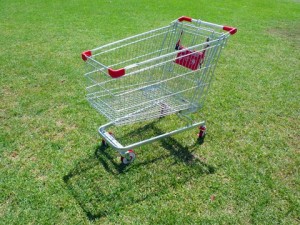

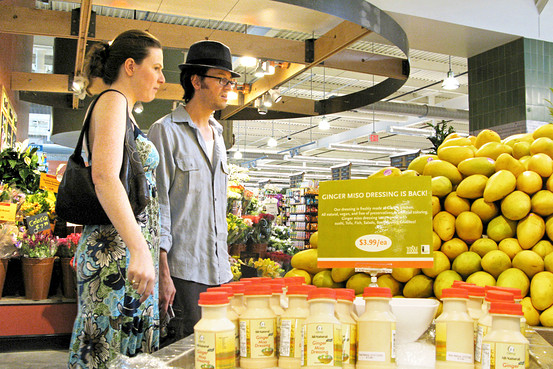
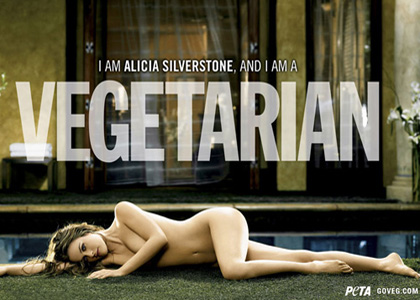
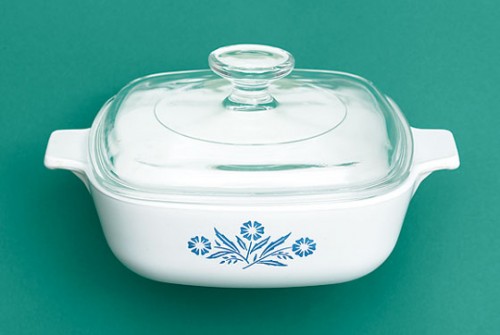
 “Everything Changes is, without doubt, the most forthright, emotionally sophisticated, and plain-old valuable book of its kind I've seen.”
“Everything Changes is, without doubt, the most forthright, emotionally sophisticated, and plain-old valuable book of its kind I've seen.”












